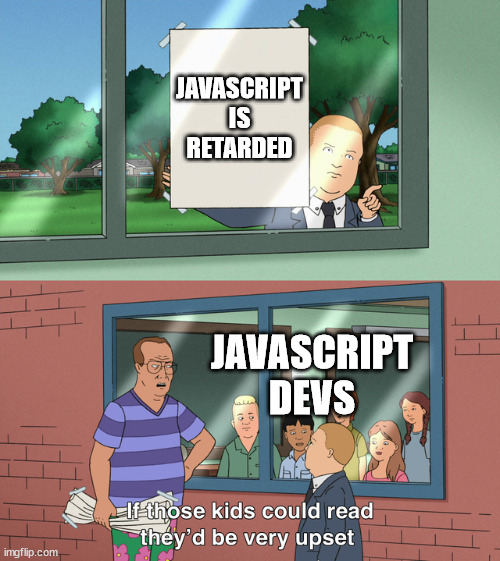

You’re not wrong. Having to figure out which element is borked in a yaml file is not great. And the implementation using yaml is all over the place, so even though tools do exist, they’re mediocre at best.
But, to be fair, Python has always done the same to me. As a fellow Neuro-spicy (and with a background in Java and C# and JavaScript), although the tools are better to point you in the right direction, significant white space (or indentations) are significant white space (or indentations).🤷♂️








This is the real answer.
There are still, in the year 2023, Cobal developers graduating and getting hired to work on software.
My alma mater’s website runs on PHP.
The investment to flip even a microservice from one language to another is REALLY high, and most companies won’t pay unless there’s a significant pain point. They might not greenfield new projects with it anymore - but it will still be around effectively forever.